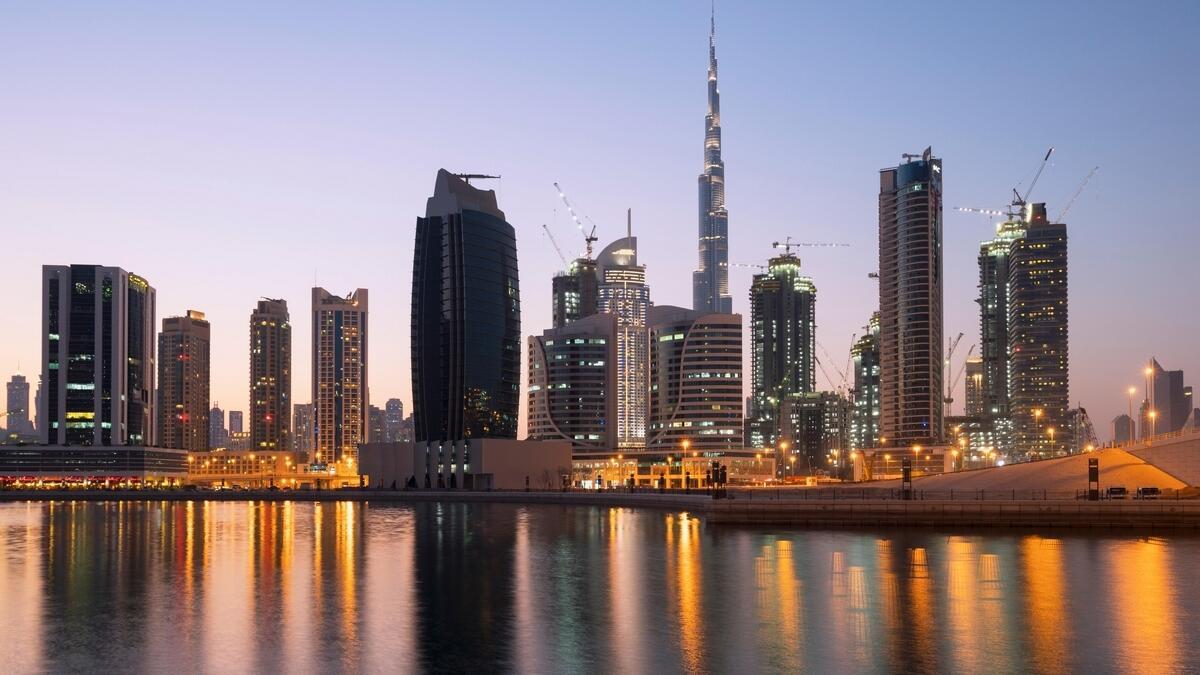
UAE: GDP To Grow At Around 4% In 2025, Says IMF In Recent Review On Economy
The review also noted that the UAE's substantial financial buffers can help mitigate short-term risks, while ongoing reforms and large investments in infrastructure and artificial intelligence should lift productivity, posing upside medium-term growth risks.
IMF's UAE GDP growth forecast in 2025 is in line with the World Bank's projection of 4 per cent.
Stay up to date with the latest news. Follow KT on WhatsApp Channels.
“Non-oil activity is boosted by tourism, construction, public expenditure, and continued growth in financial services. Capital inflows remain strong, attracted by social and business-friendly reforms, and contribute to ongoing demand for real estate, which is driving further growth in house prices across different segments and locations,” said Ali Al-Eyd, head of IMF mission after consultation with UAE officials this month.
Oil GDP is expected to grow above 2 per cent this year, following Opec+ decisions to sustain production cuts, and as the UAE implements a more gradual Opec+ quota increase, the study expected.
Inflation in the UAE will remain contained at around 2 per cent in 2025 despite higher housing and utilities-related costs.
UAE banksUAE banks are well capitalised with strong liquidity and their exposure to the property market has declined over the past few years, the review showed.
“Banks remain adequately capitalized and liquid overall, while asset quality further improved in 2024. Robust domestic activity and resilient demand for credit have supported banks' profitability amid still-elevated interest rates. Banks' exposure to the real estate sector has declined by 4 percentage points to 19.6 during the period December 2021 to September 2024, and risks associated with continued increasing house prices should continue to be closely monitored,” said Al-Eyd.
The Central Bank of UAE has been monitoring –in addition to other parameters– banks' exposure to real estate so that they're not overexposed to the sector. Banks need to maintain their exposure to real estate within certain limits so that big fluctuations in property prices will not result in a big hit to their balance sheets.
In December 2021, the Central Bank announced new standards that cover all types of on-balance-sheet loans and investments and all off-balance-sheet exposures to the real estate sector.
The comprehensive standards require banks to review and improve their internal policies to enhance sound underwriting, valuation and general risk management for their real estate exposures.
With interest rates dropping in 2024 and likely to drop further in 2025, demand for mortgages is also picking up in the UAE.

Legal Disclaimer:
MENAFN provides the
information “as is” without warranty of any kind. We do not accept
any responsibility or liability for the accuracy, content, images,
videos, licenses, completeness, legality, or reliability of the information
contained in this article. If you have any complaints or copyright
issues related to this article, kindly contact the provider above.

















Comments
No comment